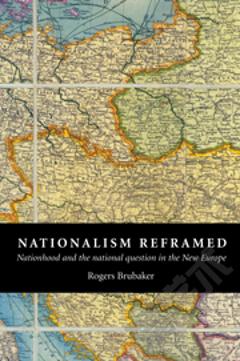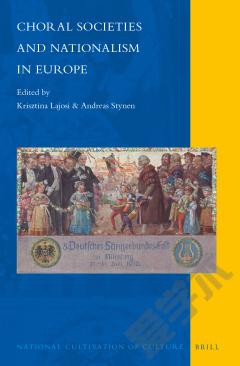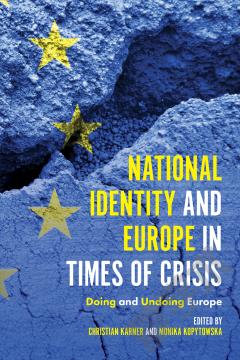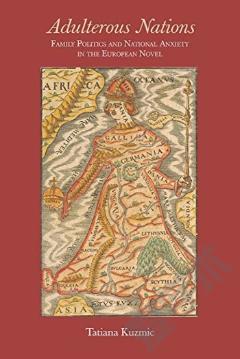Nationalism Reframed: Nationhood and the National Question in the New Europe
The birthplace of the nation-state and modern nationalism at the end of the eighteenth century, Europe was supposed to be their graveyard at the end of the twentieth. Yet, far from moving beyond the nation-state, fin-de-siècle Europe has been moving back to the nation-state, most spectacularly with the disintegration of the Soviet Union, Yugoslavia, and Czechoslovakia into a score of nationally defined successor states. This massive reorganisation of political space along national lines has engendered distinctive, dynamically interlocking, and in some cases explosive forms of nationalism. Drawing on Pierre Bourdieu and the 'new institutionalist' sociology, and comparing contemporary nationalisms with those of interwar Europe, Rogers Brubaker provides a theoretically sophisticated and historically rich account of one of the most important problems facing the 'New Europe'.
{{comment.content}}








 京公网安备 11010802027623号
京公网安备 11010802027623号